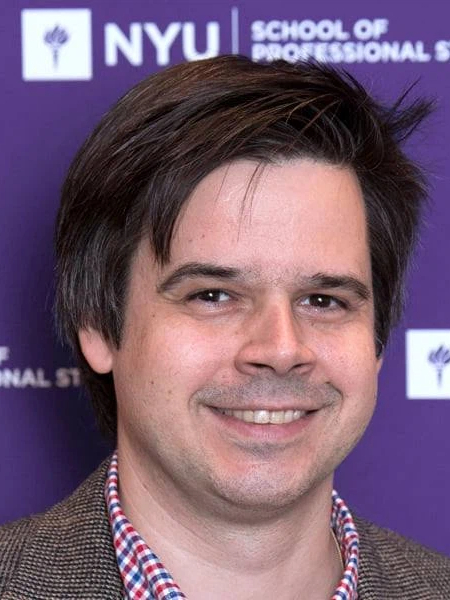 Prof. Guillermo De Ita Luna
Prof. Guillermo De Ita Luna
Autonomous University of Puebla, Mexico
Bio: 34 years as a Full Professor and researcher in the Computer
Science department at the Autonomous University of Puebla.
(BUAP), México. Currently, a member of the Mexican System of
Researchers at level 3 (the highest level). Guillermo De Ita
has made research stances in Texas A&M, Chicago University,
Lille – Inria France, as well as several Universities in
Mexico. He was the principal of the Computer Science Dept
(BUAP) from 1999 to 2003. He designed the engineering
program in computer science and participated as a founding
member of the master's and doctoral programs in Computer
Science at the Computer Science
Department from BUAP. He has supervised 59 thesis projects;
32 in bachelor ‘s level and 23 in posgrade level. He has
published 140 research articles in journals and conference
proceedings that underwent rigorous double-blind peer
review, along with 30 book chapters. Additionally, he
contributed as an author to the publication of 5 books.
 Prof. Antonios Saravanos
Prof. Antonios Saravanos
New York University (NYU), USA
Bio: Ling Liu is a Professor in the School of
Computer Science at Georgia Institute of Technology. She
directs the research programs in the Distributed Data
Intensive Systems Lab (DiSL), examining various aspects of
Internet-scale big data powered artificial intelligence (AI)
systems, algorithms and analytics, including performance,
scalability, reliability, privacy and trust. Prof. Liu is an
elected IEEE Fellow, a recipient of IEEE Computer Society
Technical Achievement Award (2012), and a recipient of the
best paper award from numerous top venues, including IEEE
ICDCS, WWW, ACM/IEEE CCGrid, IEEE Cloud, IEEE ICWS. In
addition to serving as program chairs of top venues, such as
WWW, VLDB, ICDCS, ICDE, IEEE Cloud Computing, and associate
editors or guest editors of over a dozen journals, Prof. Liu
served as the editor in chief of several ACM or IEEE
journals, including IEEE Transactions on Service Computing
(2013-2016), ACM Transactions on Internet Computing (since
2019). Currently, Professor Liu is serving as the Editor in
Chief of IEEE Transactions on Big Data (since Jan 2025).
Prof. Liu is a frequent keynote speaker in top-tier venues
in Big Data, AI and ML systems and applications, Cloud
Computing, Privacy, Security and Trust. Her current research
is primarily supported by USA National Science Foundation
under CISE programs, CISCO and IBM.
 Dr. Douglas Schmidt
Dr. Douglas Schmidt
William & Mary, USA
Bio: Dr. Douglas C. Schmidt is the Dean of the School
of Computing, Data Sciences & Physics at William & Mary,
where he leads initiatives at the intersection of artificial
intelligence, software engineering, and institutional
transformation. An internationally recognized researcher and
educator, his work explores how generative AI reshapes
software development, testing, and human-computer
collaboration, with a particular focus on intent-driven and
human-centered AI systems.
Before joining William & Mary, Schmidt held senior
leadership and faculty roles at Vanderbilt University and
Carnegie Mellon University’s Software Engineering Institute.
He has also collaborated extensively with industry and
government partners developing and testing large-scale,
software-reliant systems. He is a frequent speaker, author,
and advisor on the opportunities and risks of deploying AI
in real-world organizations, education, and critical
infrastructure. In his keynote, Schmidt examines how AI is
not just automating tasks, but redefining expertise, agency,
and the future of knowledge-driven institution.